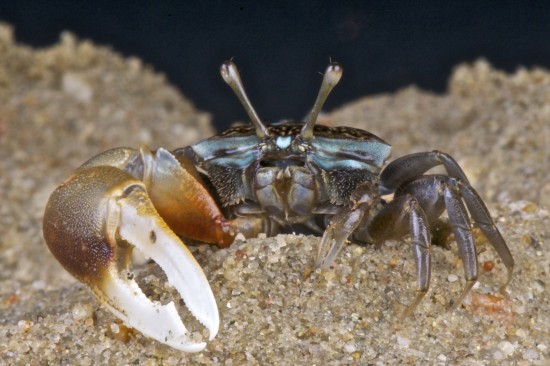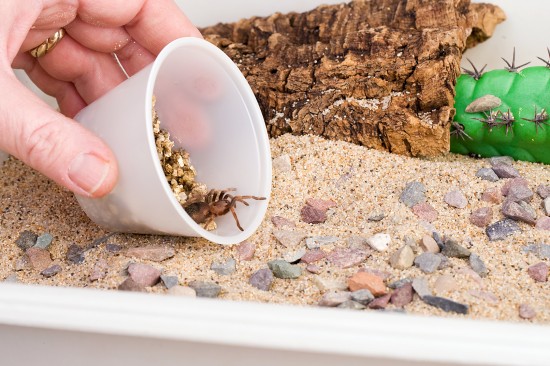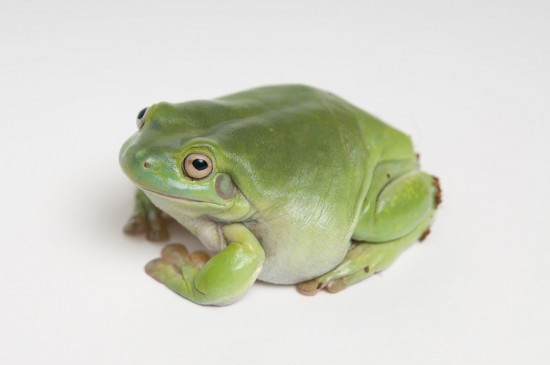
Aquarists generally treat new fish at two different times. The first time, before the new family member is introduced into the aquarium, and the second time is when a possible parasite infection is suspected. Preventative treatment, normally takes place in a separate quarantine aquarium in order to avoid treating healthy fish. Before starting the treatment, always ask yourself is this is something that is really necessary or if simply keeping the new fish in quarantine and looking out for any symptoms would be enough to cure the issues up.
Ectoparasites are the types of fish parasites are found on the fish's skin. These are the most clearly visible and diagnosable and if you have noticed any strange new marks on your fish lately then perhaps you need to check for these.
You can diagnose your fish for external parasites by yourself. Most ectoparasites are visible with the naked eye and are easy for anyone, even you, to treat with just a simple over the counter fish medicine that I will recommend later.
However, in order to diagnose a parasite, you need to know what the symptoms for the most common ones are and how to observe your fish so that you are able to safeguard its health.
If your fish has learned the habit of rubbing against things frequently then this is a sign of skin aggravation or irritation and needs to investigated further, one of the most common forms of parasites is "ick" which is visible as small white dots. It is not serious unless it gets out of control or unless soon followed by other symptoms of parasites.
Spots of redness or inflammation on the body are a very clear sign. These are often found at the bottom of the dorsal fin, which is the one along the back of the fish.
Other signs are if the fish's operculum (the flap that covers the gills that marks the end of the head and the beginning of the body) is open or flared. This is suppose to open and close as the fish breathes and if it is not then there is a problem.
If your fish seems to be having difficulty breathing (respiratory problems) or appears to be, overly lethargic this may also be a symptom of a parasite. However, this is just as easily a symptom of mineral deficiency, lack of oxygen from clean and filtered water or lack of food.
If you see any of these symptoms then first try doing a water change and ensure that, it is pure, filtered and clean. If the symptoms persist then you are likely to be dealing with a parasite.
However, the vast majority of parasites can be treated with a general fish parasite treatment. You can purchase these at any decent fish supply store online or offline.
 Keeping Pet Fiddler Crabs
Keeping Pet Fiddl
Keeping Pet Fiddler Crabs
Keeping Pet Fiddl
 Silken Windhound Dog Information
Silken Windhound
Silken Windhound Dog Information
Silken Windhound
 Should You Consider Breeding From Your Tarantula?
Should You Consid
Should You Consider Breeding From Your Tarantula?
Should You Consid
 White’s Tree Frogs As Pets
White’s Tree Frog
White’s Tree Frogs As Pets
White’s Tree Frog
 The Regulatory Authority For The Recall Of Foods
The Regulatory Authority For The Recall Of Foods
The Regulatory Authority For The Recall Of Foods
The Regulatory Authority For The Recall Of Foods
Copyright © 2005-2016 Pet Information All Rights Reserved
Contact us: www162date@outlook.com